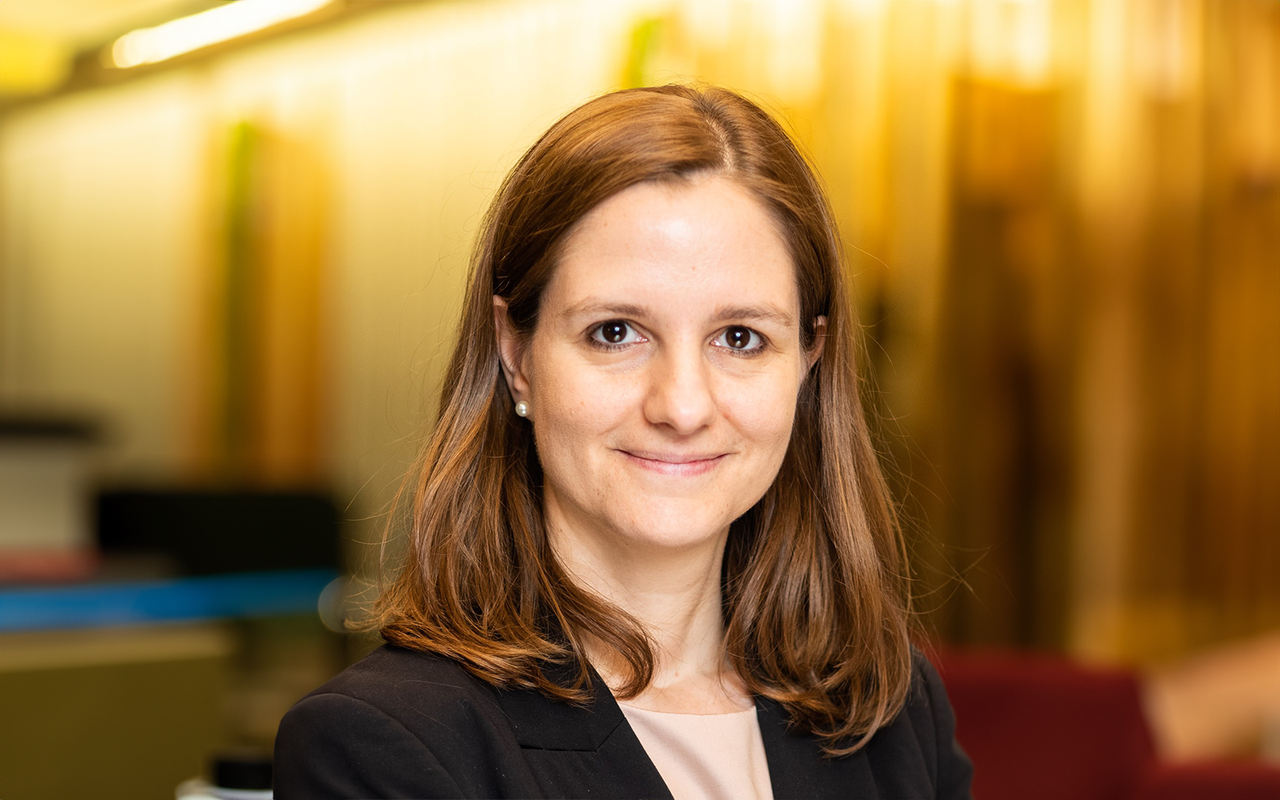LightingEurope Welcomes ESPR Publication, Marking a Milestone in EU’s Circular Economy Agenda
June 28th marked the beginning of a new era in ecodesign as the Ecodesign for Sustainable Products Regulation (ESPR) was published in the Official Journal of the EU.
Following the European Commission's legislative proposal in March 2022, EU co-legislators - the European Parliament and the Council of the EU - have spent over two years defining the requirements and measures for future Ecodesign rules. These rules will apply to key products in the EU market, including lighting products.
LightingEurope has actively participated throughout the legislative process, advocating for the lighting industry, engaging with Members of the European Parliament and Member States’ Permanent Representations, and collaborating with other industry associations on common initiatives.
As always in a complex legislative process, we won some battles and lost others, but overall LightingEurope welcomes the ESPR, recognizing it as a pivotal advancement in the EU Circular Economy agenda. The regulation introduces Ecodesign requirements that extend beyond energy efficiency to include aspects such as durability, reparability, presence of substances of concern, recycled content, and environmental footprint.
Additionally, the new Regulation aims to prevent the destruction of unsold consumer products and includes a direct ban on destroying certain unsold items, such as textiles and footwear.
In the new Ecodesign framework, great attention is also attributed to providing better information for consumers on the sustainability characteristics of products, including through a ‘Digital Product Passport'.
“We appreciate the 18-month transition period between the entry into force of the product-specific delegated acts and their application, allowing economic operators sufficient time to comply with the new requirements,” said Elena Scaroni, Secretary General of LightingEurope.
“The obligation to track Substances of Concern (SoC), for example, will significantly impact manufacturers, given the broad definition adopted by the co-legislators, despite our advocacy for a more sensible and proportionate list of hazardous substances,” she added.
LightingEurope also hoped for stronger enforcement provisions, but the Council of the EU's position prevailed during negotiations, leading to a weaker enforcement framework.
On a positive note, our request to provide instructions in digital format was accepted and included in the legislative process.
The ESPR will enter into force 20 days after its publication in the EU Official Journal.
“LightingEurope is already preparing for the review of the Lighting Regulations under the ESPR Framework, expected to start later this year or early next year. We are consolidating the industry’s views on the revision process and will engage intensively with the European Commission and Member States to shape future Ecodesign rules for lighting products. We will also support our members in implementing these new regulations”, concluded Elena Scaroni, Secretary General.
Contact: Teresa Selvaggio, Director of Public Affairs (Teresa.selvaggio@lightingeurope.org)
About LightingEurope
LightingEurope is the voice of the lighting industry, based in Brussels and representing 32 companies and national associations. Together these members account for over 1,000 European companies, a majority of which are small or medium-sized. They represent a total European workforce of over 100,000 people and an annual turnover exceeding 20 billion euro. LightingEurope is committed to promoting efficient lighting that benefits human comfort, safety and well-being, and the environment. LightingEurope advocates a positive business and regulatory environment to foster fair competition and growth for the European lighting industry. More information is available at www.lightingeurope.org.
© 2024 Luger Research e.U. – Institute for Innovation & Technology

